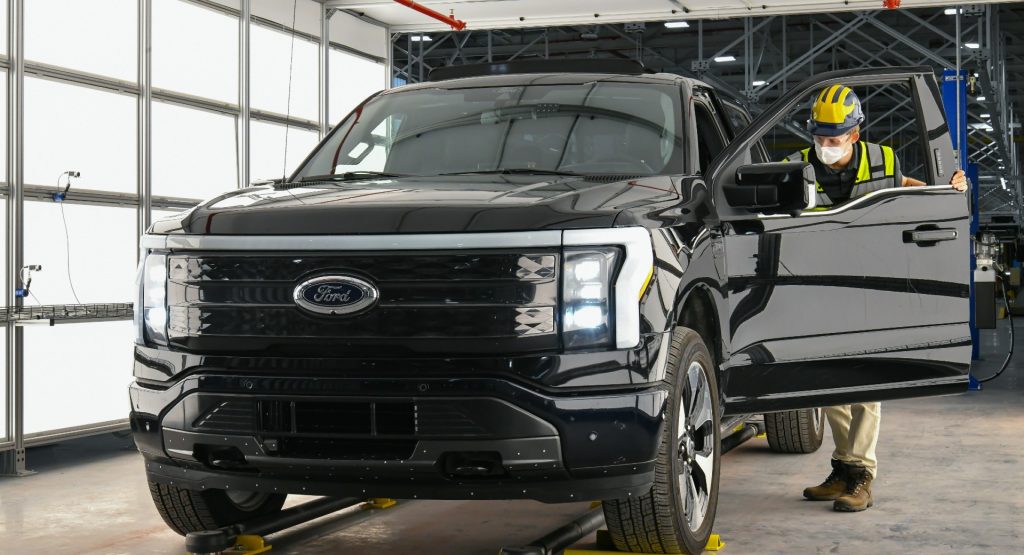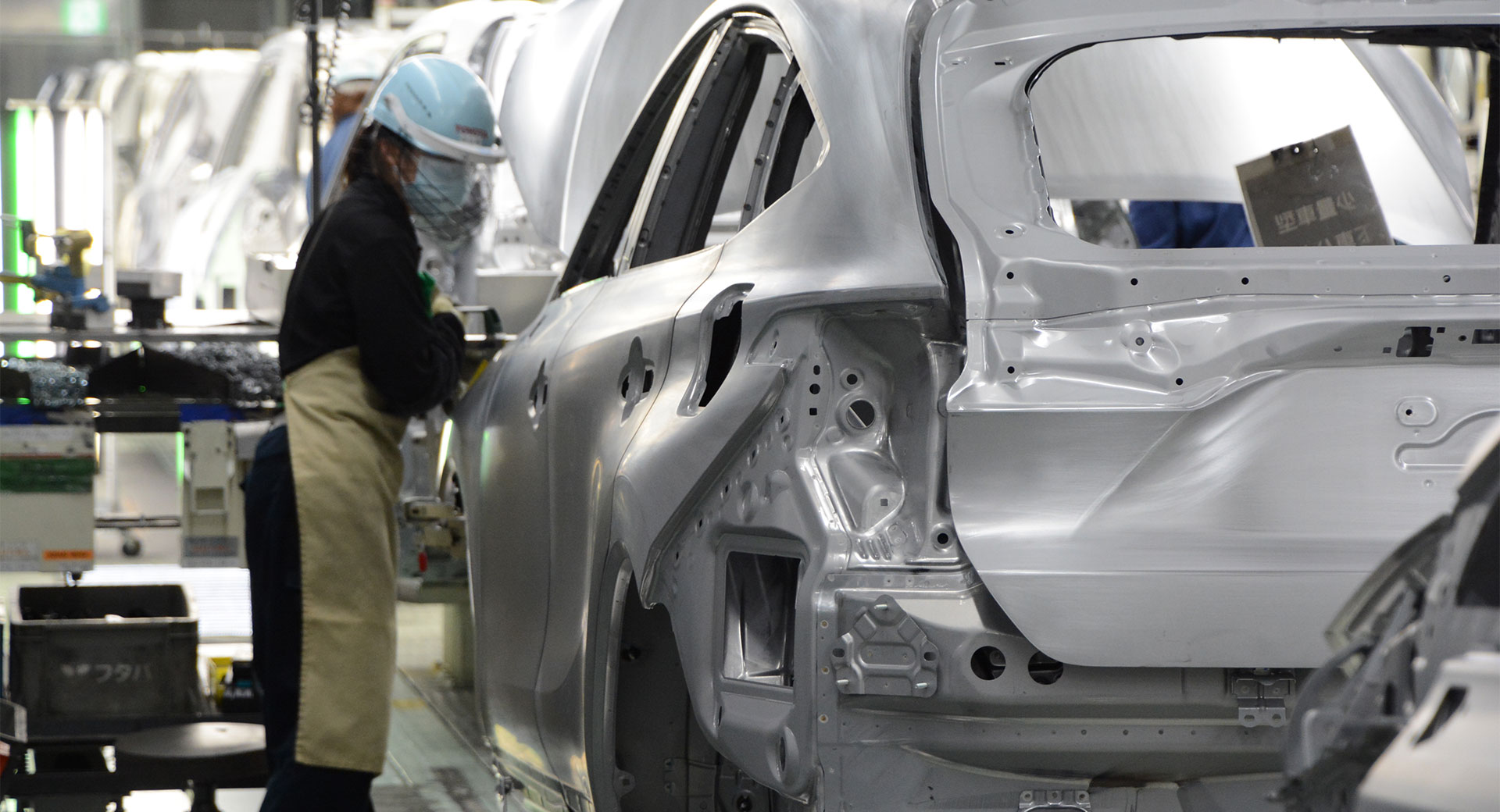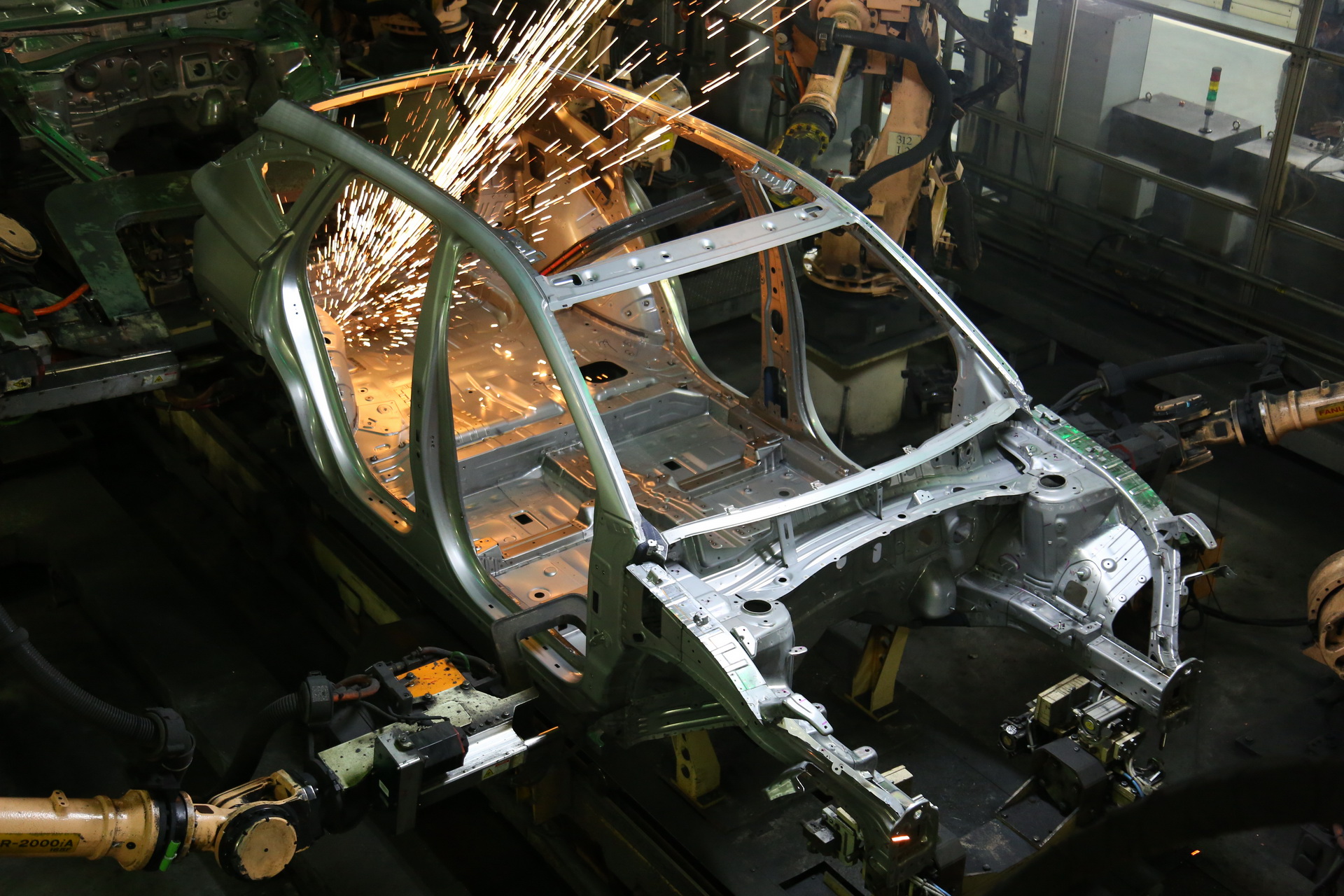As the world seems poised to exit the pandemic, the global semiconductor chip and parts shortage is sticking around and cutting automakers’ sales numbers in a large way. Year over year, the US light-vehicle market saw a 17 percent decrease during the month of April. Canadian auto sales fared slightly better but were still down 13 percent. Not every brand was equally affected though.
General Motors for one found a way to sell more than 200,000 vehicles last month according to LMC Automotive, an independent intelligence and forecasting firm. LMC told Automotive News that GM was the only manufacturer to break that barrier thanks in large part to the Silverado, the top-selling light vehicle in April.
On the other side of the coin, Toyota saw total sales volume drop some 23 percent year over year. Deliveries were affected by the same percentage and Lexus deliveries slid back some 18 percent respectively. That includes a 27 percent decline in sales of the Tacoma and a 29 percent decline for the Highlander.
Read Also: MINI Halts Production Of Manual Cars As A Result Of Supply Chain Issues
Even the uber-popular Camry fell 12 percent while its cheaper sibling, the Corolla saw its sales fall by 21 percent. A Toyota spokesperson said that total dealer stock was sitting at just 13,831 units across the country. In Canada, sales fell some 13.5 percent for Toyota as it struggles to build enough cars for North America.
Ford, Honda, Kia, and Hyundai also saw double-digit sales drops as well. The chip shortage is certainly a major part of the issue but it’s not the only one. Parts supplies have also been delayed by protests and higher interest rates have made new car purchases less enticing than they were months ago.
LMC does offer a silver lining around this gloomy cloud though. They say that total industry sales actually rose by some 5,000 units over the month of March. That’s significant because typically April sees a drop in sales over March, not an increase.
Regardless, there isn’t a clear end in sight for the shortage of new vehicles at dealers or the slowdown in sales. Considering how expensive raw materials are becoming and how inflation will affect the market, automakers can’t come up with a solution fast enough.






